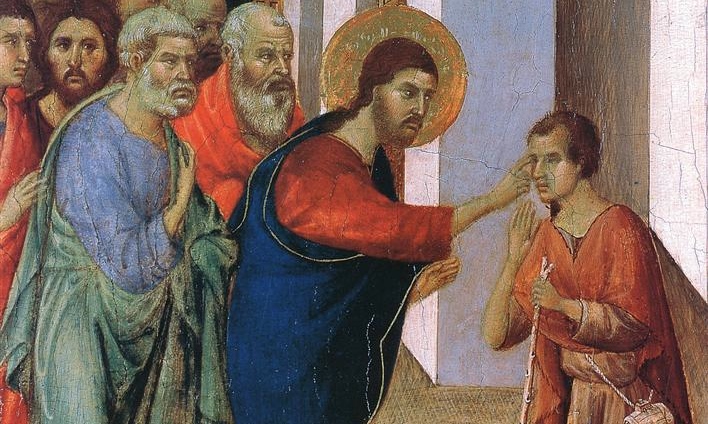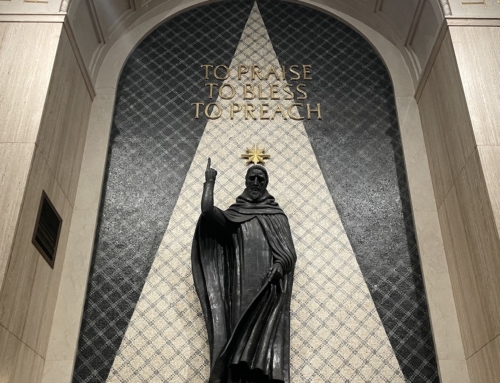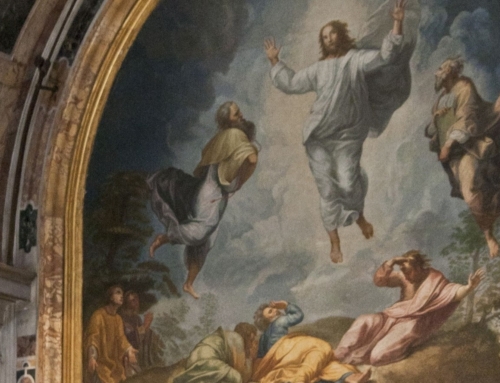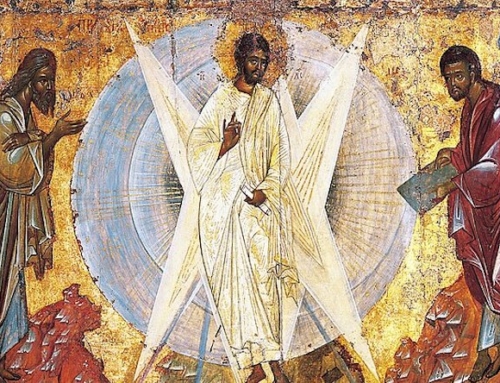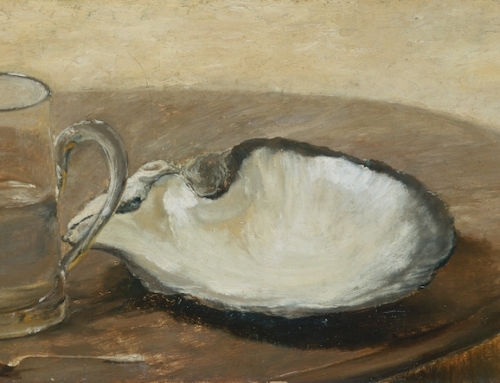And when the Pharisees saw this, they said to his disciples, ‘Why does your teacher eat with tax collectors and sinners?’ But when he heard it, he said, ‘Those who are well have no need of a physician, but those who are sick. Go and learn what this means, “I desire mercy, and not sacrifice.” For I came not to call the righteous, but sinners.’ – Mt 9:11-13
A doctor is someone who meets death often. He is trained for many years to heal and restore life wherever he finds sickness. But ultimately, and invariably, his patients are stricken with an illness that can’t be healed. And then, again and again, the doctor meets death.
What must that be like for a doctor? He treats and heals a variety of diseases, but what about the diseases that have no cure? What does he say to those patients who are terminally ill? How does a doctor answer death?
Whenever we encounter death, whether in the case of our loved ones or otherwise, there is an unsettling feeling we get of life’s fragility and even its futility. Seeing or hearing of it reminds us that we cannot avoid the end we will ultimately meet. Physically, we cannot maintain the same good health for the rest of our life. And spiritually we possess the illness of sin that keeps us afraid of dying our physical death, and wary of an afterlife that follows.
What is the right answer to death? The illness of sin makes us think that death has the last word. But this isn’t true. On our own power we can’t bring ourselves past our spiritual sickness or physical death. But there’s one doctor who can.
Jesus is a doctor who meets death often, except he does not give death the final word. In fact, he comes as a doctor precisely to meet death.
Death is the very sickness that Jesus wants to treat. And he treats it not with medical skill or training, but with his very life. He dies for us on the cross to heal us from our sickness of sin and to give us a life beyond our physical death. When writing on how we are reconciled to God, St. Augustine states that:
The Son of God did not disdain to become our friend in the companionship of death. (On the Trinity 4.17)
A friend in the companionship of death. That’s a phrase I wouldn’t associate with a loved one dying. But that’s who Jesus is. He’s our companion, our friend who has died for us so that we don’t have to fear the permanence of death. He did not give his apostles the command “Greater love has no one than to lay down his life for his friends” (Jn 15:13) without expecting to follow it himself first. He’s the only doctor I know who heals his patients permanently by taking on their illness.
Jesus is a doctor who meets death because he is the true mediator of life. Having no sin, he was willing to die on the cross for us who bore the guilt of sin and deserved death. Rising from the dead, he destroyed death and its permanence. Death no longer has the power it once had.
Christ’s death ends in resurrection. As the risen Lord he holds the keys of death that unlock eternal life. He has risen from the dead and death no longer has power over him. Rather, as St. John recounts, Christ’s resurrection gave him all power over death:
When I saw him, I fell at his feet as though dead. But he laid his right hand upon me, saying, ‘Fear not, I am the first and the last, and the living one; I died, and behold I am alive for evermore, and I have the keys of Death and Hades.’ (Rev 1:17-18)
Jesus has the keys of death, and eternity is the gift he unlocks for us. St. Augustine writes:
When the Son of God became the Son of man…he took on our mortality without losing his eternity…and so provided us with a bridge to his eternity. (On the Trinity 4.18,24)
In order to gain eternity we all still must die a physical death, but this death need not have the last word. One time I was visiting patients in a cancer wing of a hospital. I entered one room that held a man in his mid-thirties who was very thin. I asked if he wanted to pray a psalm together and he said that’d be fine. We didn’t get past the first line before he started crying. I asked him if he wanted to talk about anything, and he said no. I paused and waited, asked again, and he still said no. I sat with him in silence, and after a while he said “I’m so afraid of dying.”
I felt like the doctor who meets death and has no answer. We both sat in silence. I couldn’t think of anything to say that wouldn’t downplay the reality of this man’s grief. I sat with him some more and talked to him about the life, death, and resurrection of Jesus. Jesus was the only doctor I knew that could help this man gain life after death.
✠
Image: Duccio, Healing the Man Born Blind

